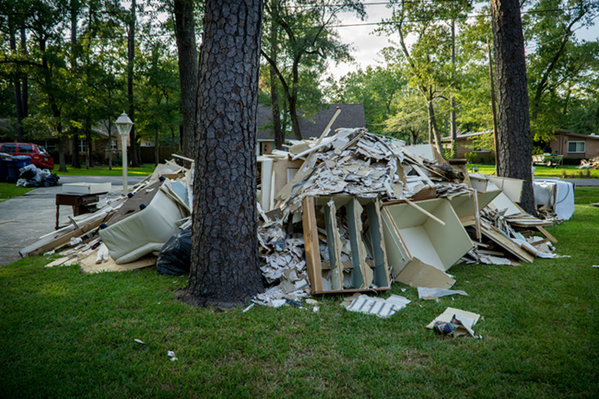We are currently in the peak of hurricane season, which goes from June 1 to Nov. 31. While preparing for a possible storm, people with asthma need to take extra precautions to reduce chances of an asthma episode or attack.
Be Ready to Evacuate or Be Without Power
Hurricanes, even tropical storms, could mean you have to evacuate depending on where you live. And if you shelter in place, there's a good chance you could be without power for days if the storm comes your way.
In the days following a hurricane, pharmacies may be low in supply or closed. Along with your hurricane supplies, make sure you have the following for every family member with asthma:
- Enough medicines to last several days
- Pharmacy and doctor contact information
- Copies of your Asthma Action Plans
- Portable, battery-powered nebulizer, if you use one
- Insurance cards
Keep these items handy so you can grab them quickly if you don't get much notice to evacuate. During the storm, consider keeping them in a cooler where they can be protected from heat and water.
Be Aware of Thunderstorm Asthma
Thunderstorm conditions can worsen asthma triggers for people with allergic asthma. During a storm, rain hits pollen grains, causing it to break up into smaller pieces. Then the wind picks them up and spreads them around. It can then be inhaled into the lungs.
The force of the wind, rain and lightning before and during a hurricane can have the same effect. Follow your Asthma Action Plan if you are feeling symptoms.
Protect Yourself From Asthma and Allergy Triggers During Storm Cleanup
Mold, pollen, dust and building materials can be a concern after the hurricane passes. Pack gloves and N95 rated masks with your medicines so you can clean up as soon as possible. This is especially important if your home has flooded or has water damage.
Better yet, let a professional do the cleanup, if you can. Look for a reputable professional restoration company. Or ask your homeowner's insurance company to give you the name of one they recommend.
Piles of debris and downed trees can harbor mold, pollen and toxic chemicals that can cause air pollution in your area. Debris pickup may take a while depending on access to your area and availability of resources. Wear a N95 mask and gloves if you clean up any of the debris, and change your clothes as soon as you go indoors.
Mold can cause serious health problems. The key to mold control is moisture control. After the flood, remove standing water and dry indoor areas. Remove and discard anything that has been wet for more than 24-48 hours. Learn more about mold cleanup from the EPA: epa.gov/mold
Don't burn the debris because the smoke and toxic materials can irritate your airways. If neighbors burn their debris, protect yourself from the smoke as much as possible. Be aware that cleaning agents like bleach may also irritate your airways.
Updated October 2024



Comments (1)